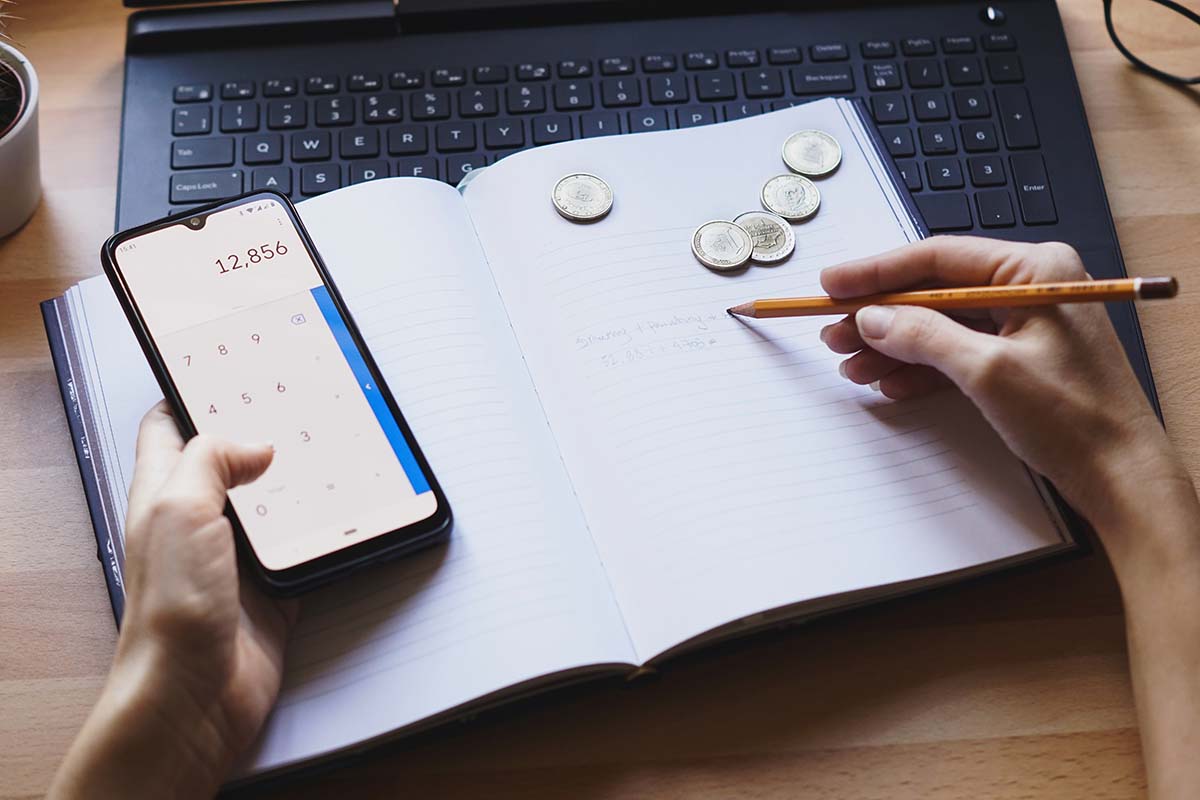The Best Personal Finance Tips
Being good with money is one of the most important things that you can learn how to do. Whether you’re trying to get out of debt, save up for something special, or want to avoid the classic money mistakes, these are some of the best personal finance tips around to keep you on track.
Create A Financial Calendar
If you don’t think you can trust yourself to remember to pay your quarterly taxes or check your credit report regularly, set yourself appointments or reminders in your calendar for these important money tasks, in the same way, that you would schedule your car’s annual tune-up or your physician.
Check Your Interest Rate
Learn to check interest. The first loan, whether from your bank or a personal loan company, you should pay off is the one with the highest interest rate. The savings account you ought to open is the one with the best interest rate. Credit card debt is difficult to pay down because of interest. Paying attention to and learning to understand interest will help you make better financial decisions.
Track Your Net Worth
Your net worth is the difference between your assets and your debt and is a good way to get a clear idea of where you stand financially. Keep an eye on it, and use it to see how you’re progressing towards your financial goals.
Set A Budget
A budget is the starting point for almost all other goals in life. Get one in place now if you haven’t already.
Consider Going All Cash
If you often overspend, this can help you get out of the habit. When you use all cash, it can help you to view the money you spend as more ‘real’ and make you reconsider impulse purchases.
Take A Money Minute
Set aside a minute every day to check on your financial transactions. This quick check-in can help you quickly catch problems like fraudulent transactions, missed payments, or unexpected transactions before they escalate into bigger issues.
Allocate At Least 20% Of Your Income Toward Financial Priorities
These priorities include building up your pot of emergency savings, retirement savings paying off your debts, or saving for retirement. This might seem like a large portion of your income, but it will help you reach your financial goals a lot sooner and is affordable for most people.
Budget About 30% Of Your Income For Lifestyle Spending
This spending includes leisure activities like movies, restaurants, and bars. It’s anything that doesn’t cover your necessities. If you can stick to 30%, you still get to have fun but can save money simultaneously.
Draft A Financial Vision Board
If you need some more motivation to adopt better money habits, creating a financial vision board can help remind you to stay on track to reach your goals.
Set Specific Financial Goals
Use numbers and dates to set your goals for your money. Exactly how much debt do you want to pay off and by when? How much do you want to have saved up, and by what date?




















